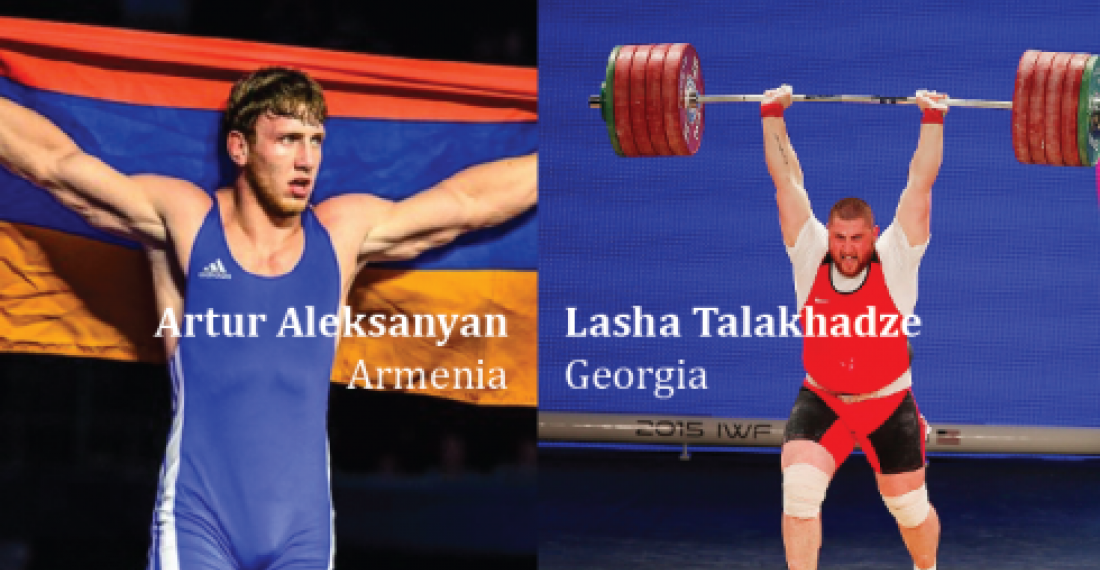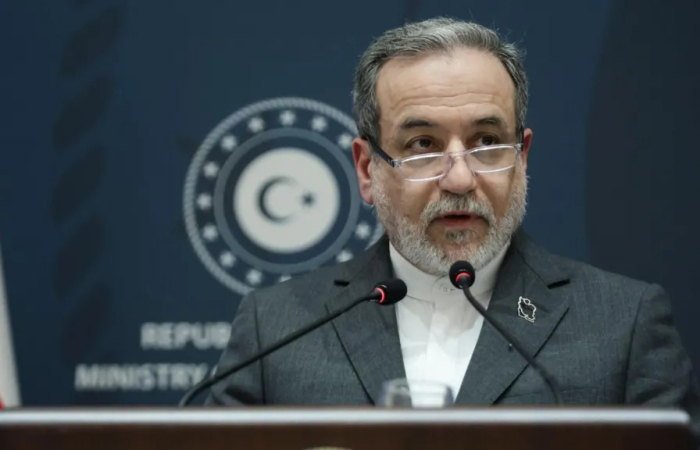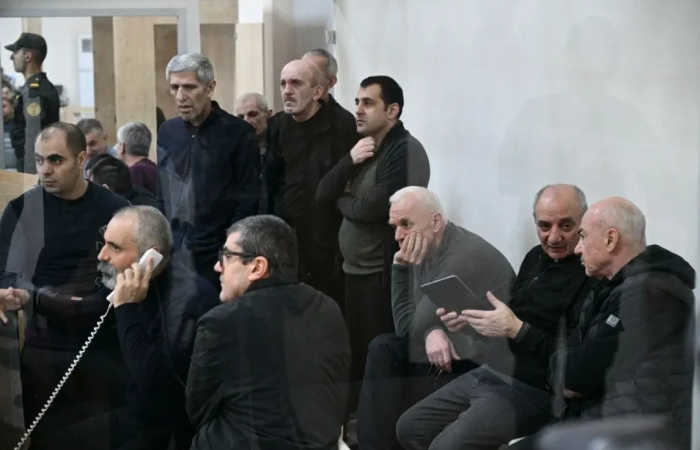Armenian and Georgian athletes have won their first gold medals at the 2016 Rio Olympic Games. The three South Caucasus countries by Tuesday night had between them won fourteen medals; 2 Gold, 6 silver and 6 bronze.
Greco-Roman wrestler Artur Aleksanyan won a gold medal becoming Armenia's first gold medallist since 1996, and only the second Armenian to win a gold medal at the Olympics since the country regained its independence in 1991.
24-year-old Aleksanyan defeated his opponent Yasmany Daniel Lugo Cabrera 3-0 in the finals of the 98 kilogram category.
Armenia jas so far won four medals in the Rio Olympics. Greco-Roman wrestler Migran Arutyunyan won silver medal and 19-year-old weightlifter Simon Martirosyan was the second in the category of 105 kilograms also winning silver. Armenia has also won a medal in judo.
On Tuesday Georgia also won its first gold medal in Rio. Lasha Talakhadze won the men's over 105kg weightlifting with a world record.
Georgia's Irakli Turmanidze won the bronze medal in the same weight category.
Georgia has so far won one gold, one silver and three bronze medals.
Shmagi Bolkvadze won bronze in men's 66kg Greco-Roman wrestling also on Tuesday.
Lasha Shavdatuashvili gave Georgia its first medal at Rio 2016 after winning bronze in the men's 73-kilogram category in judo and Varlam Liparteliani took silver in men's 90 kg judo.
Azerbaijan has not yet won any gold medals in the Rio Olympics. It has however won two silver and three bronze medals. Its athletes won two silver medals in judo, two bronze medals in wrestling and another bronze medal in canoeing.
source: commonspace.eu
photo: Georgia and Armenia have won gold medals at the Rio Olympics.







